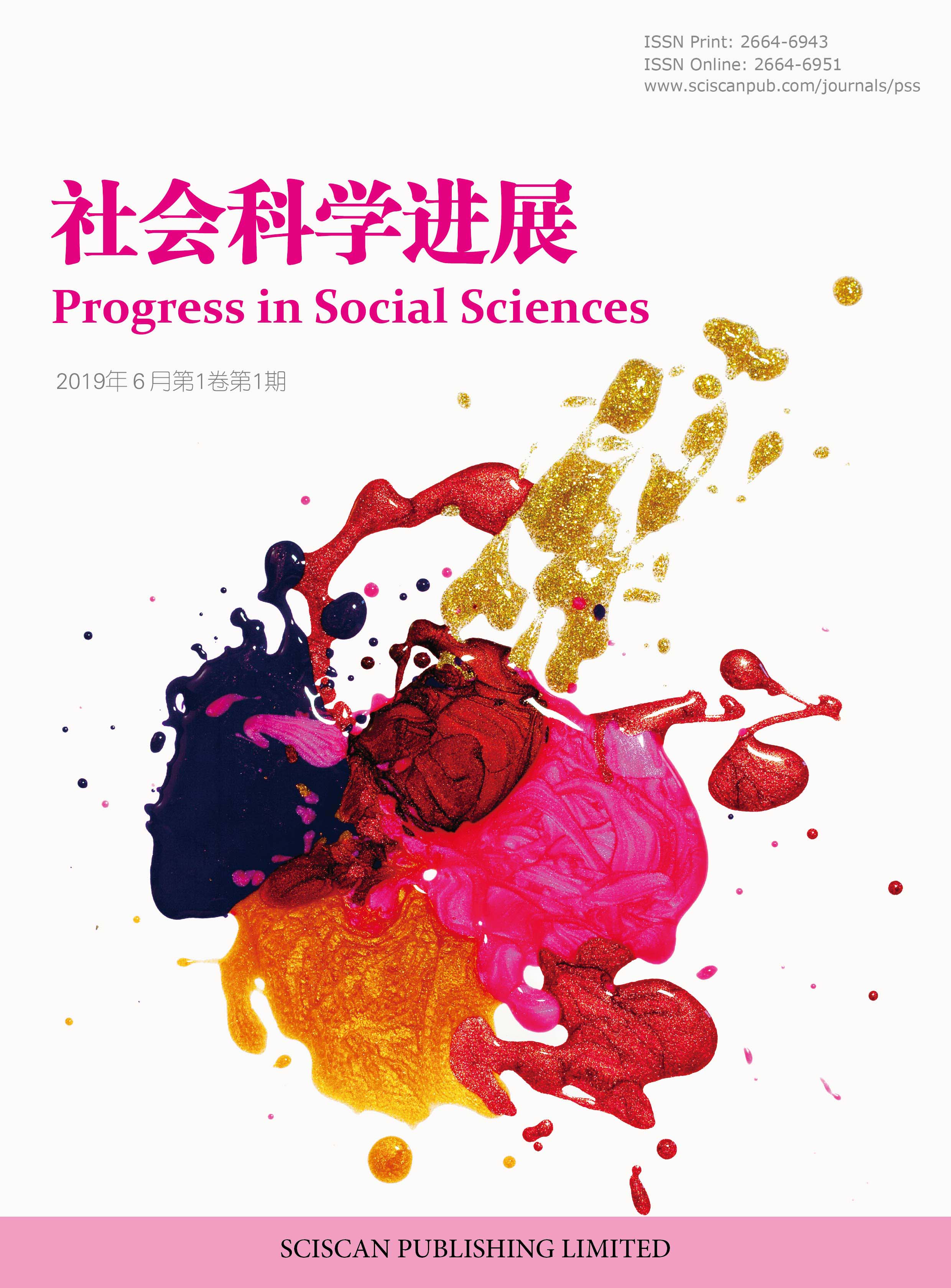Progress in Social Sciences
ISSN Print: 2664-6943
ISSN Online: 2664-6951
Contact Editorial Office
Subscribe to the latest published information from SCISCAN
赓续非遗文脉——武陵山片区少数民族手工艺在文创产品上的应用研究
A Study on the Application of Minority Handicrafts in Cultural and Creative Products in Wuling Mountains Region
- Authors: 李欣雨 肖露 彭皎娣
-
Information:
怀化学院美术与设计艺术学院,怀化
-
Keywords:
Wuling mountains region; Featured handicraft; Cultural and creative products武陵山地区; 特色手工艺; 文创产品
- Abstract: Located at the intersection of Hubei, Hunan, Guizhou and Chongqing, Wuling Mountains is home to nine ethnic minorities, including the Tujia people, Miao, Dong people, Bai people, Hui people and Gelao people. Although the Wuling Mountains area is rich in intangible cultural herit-age, there are many problems in the innovation of the non-heritage culture, such as the lack of va-riety and creativity. In this paper, the traditional national culture and cultural creative tourism products are highly integrated, with a view to transforming this unique national language into cul-tural creative products with national characteristics, intangible Cultural Heritage promotes sustainable development of the local rural economy through the promotion and dissemination of Tra-ditional Handicrafts. 武陵山片区位于湖北、湖南、贵州和重庆的交汇处,境内有土家族、苗族、侗族、白族、回族和仡佬族等9 个世居少数民族。虽然武陵山片区有着丰富的非物质文化遗产,但是非遗文化的创新存在着种类单一、缺乏创意等诸多问题。文章将民族传统文化和文化创意旅游产品高度融合,以期将这独特的民族语言可以转变为具有民族特色的文化创意产品,利用传统手工艺品宣传和传播非物质文化遗产,促进当地农村经济的可持续发展。
- DOI: https://doi.org/10.35534/pss.0402018
-
Cite:
李欣雨,肖露,彭皎娣.赓续非遗文脉——武陵山片区少数民族手工艺在文创产品上的应用研究[J].社会科学进展,2022,4(2):195-200.
















